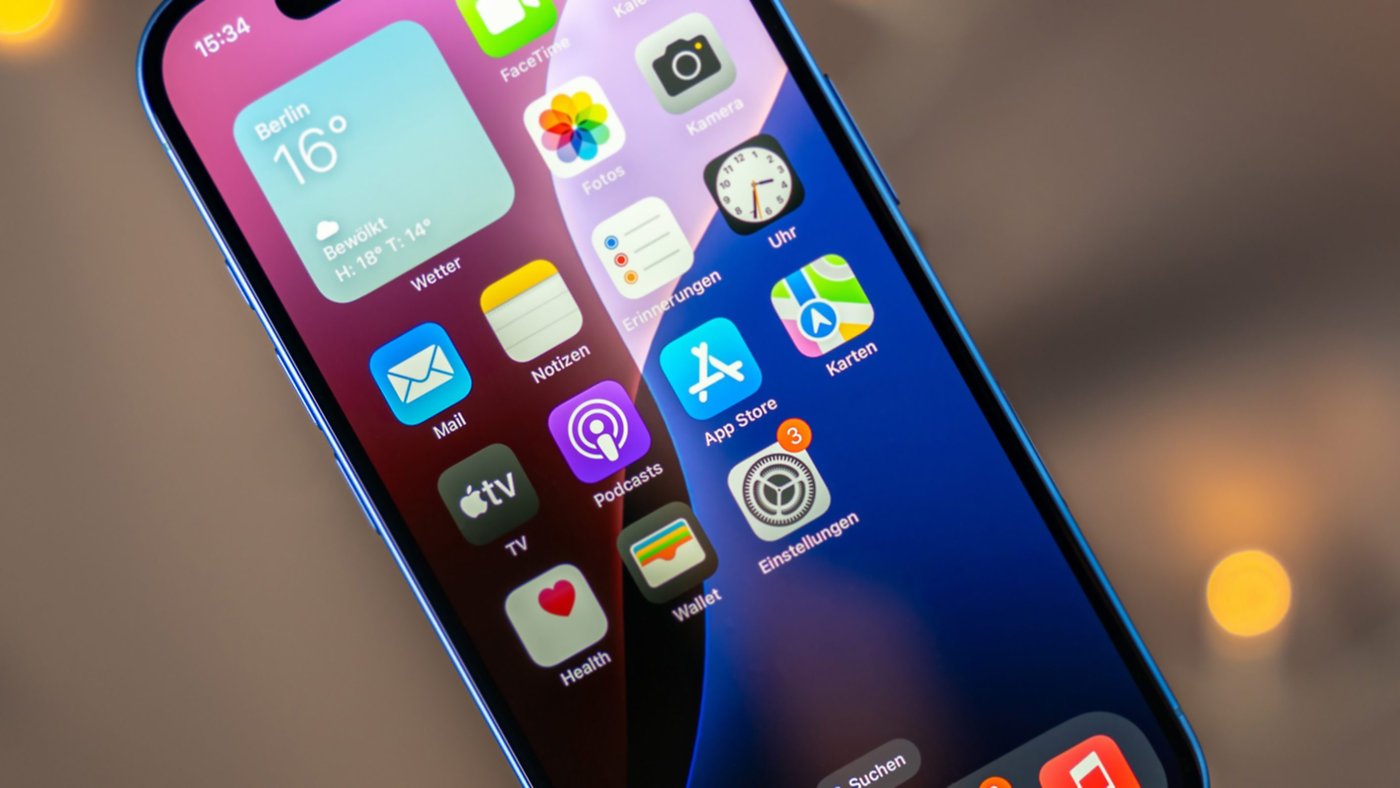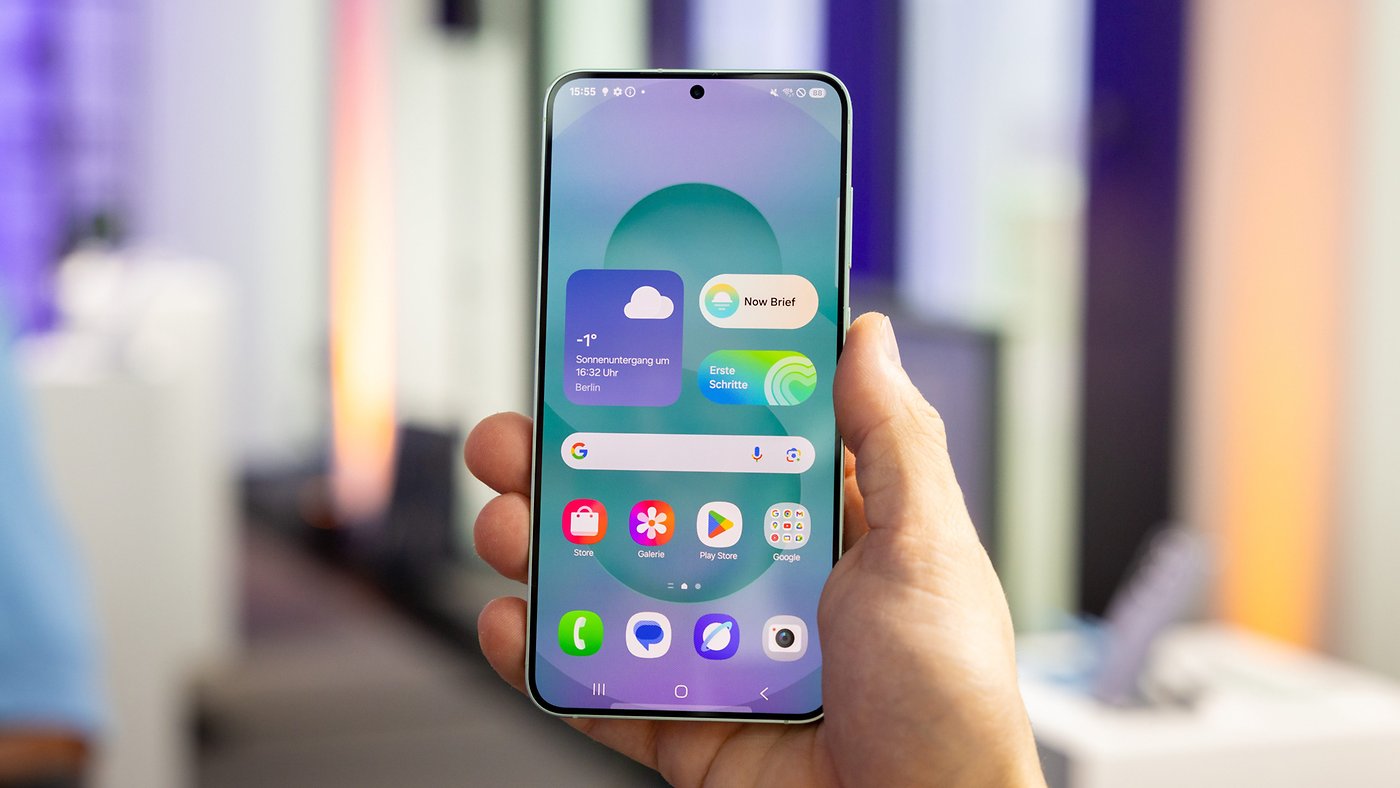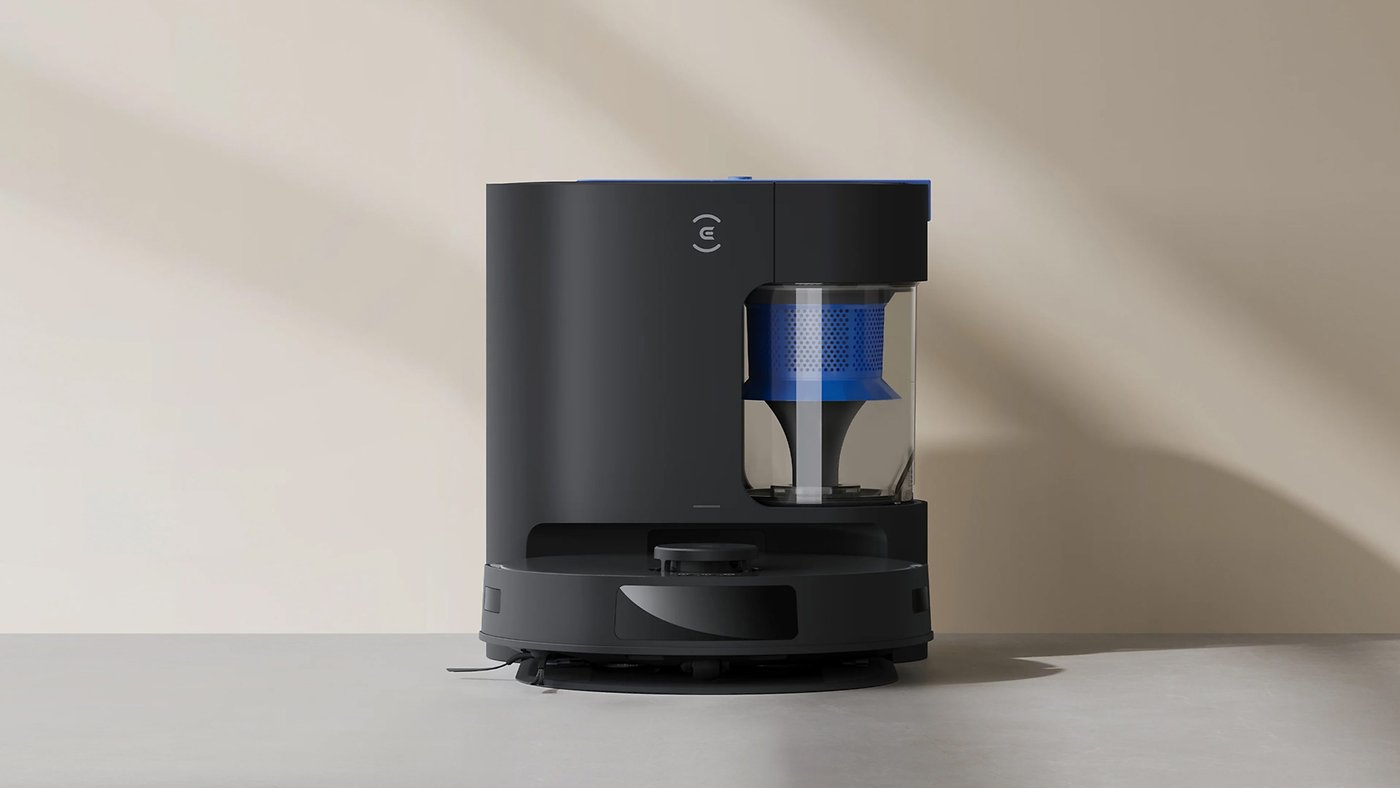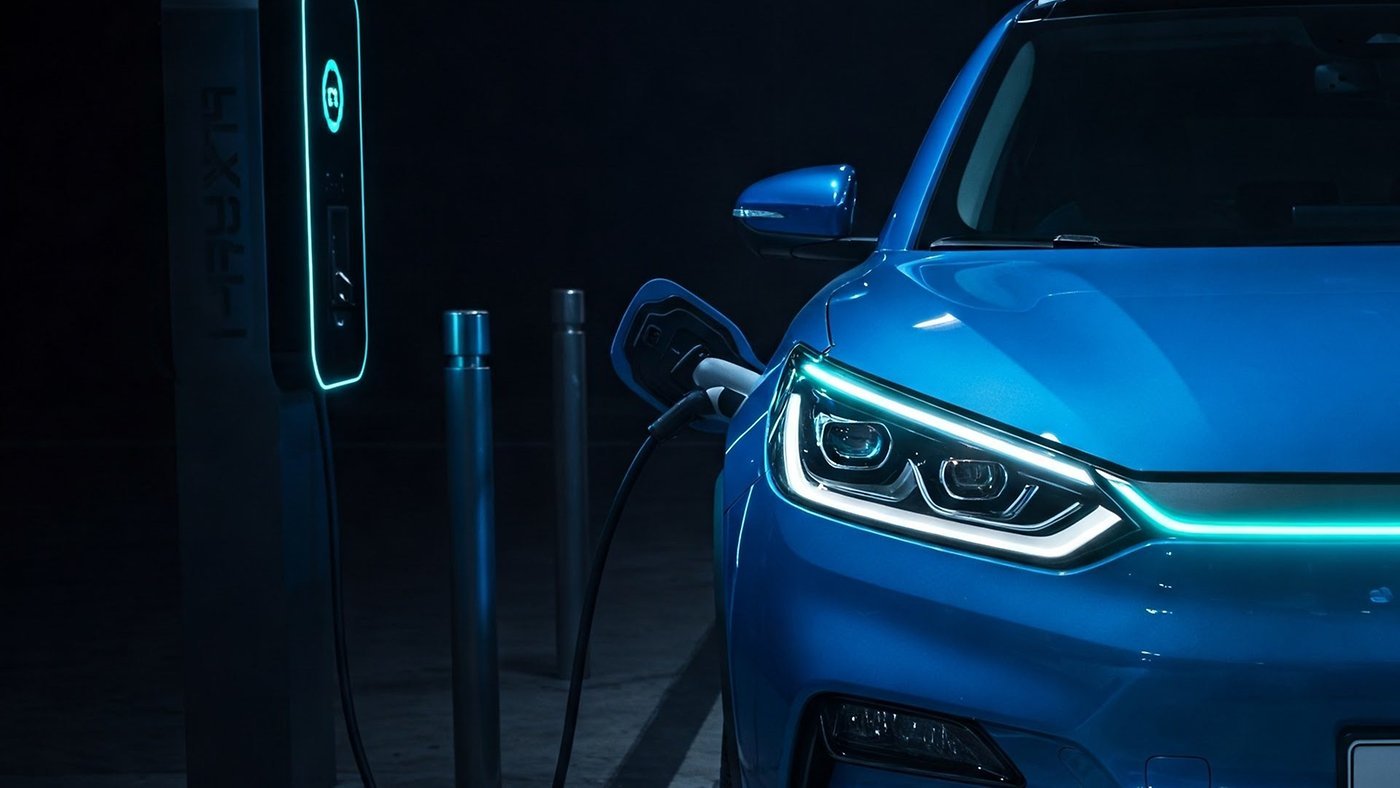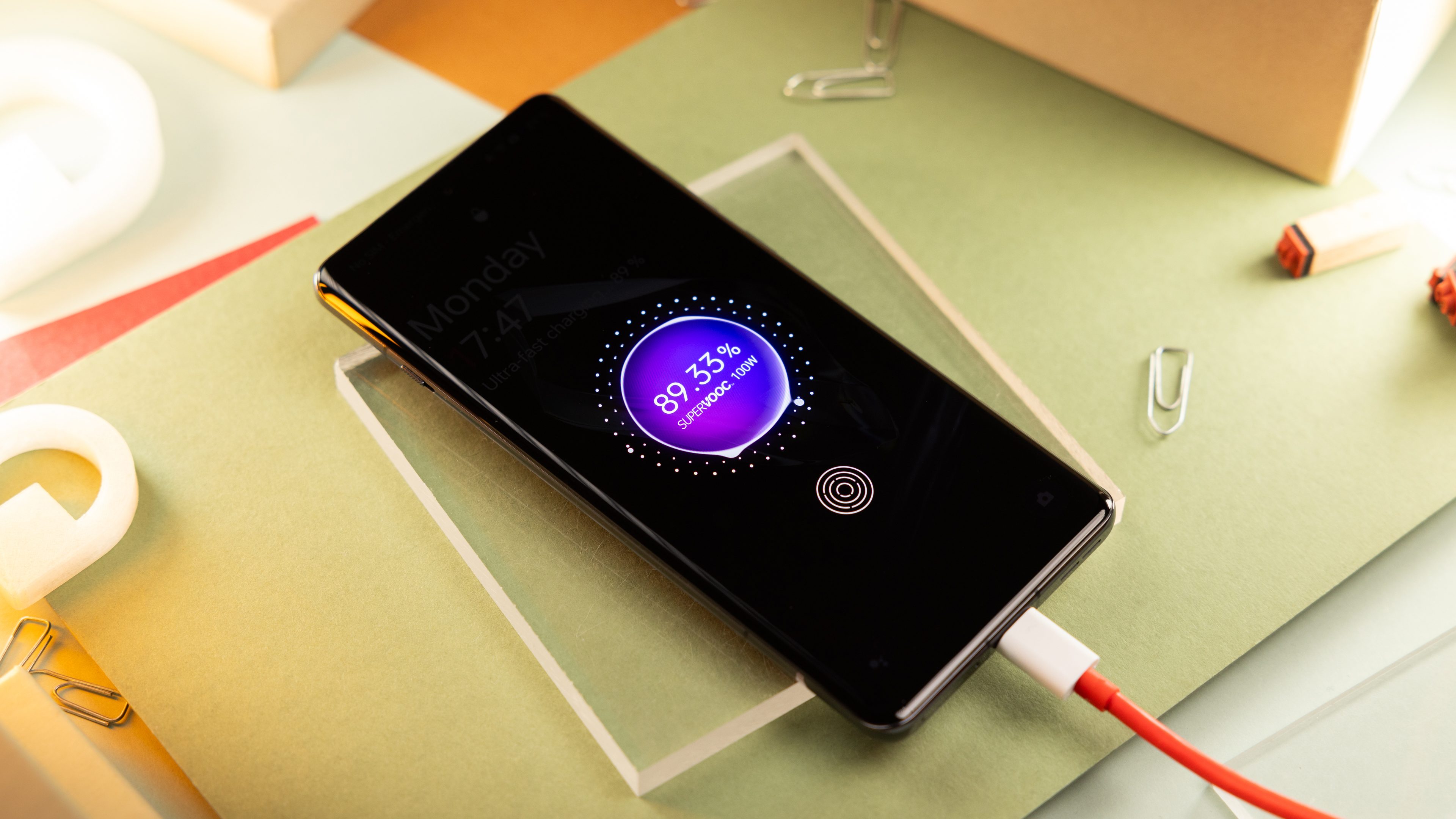
Reason #1: Faulty USB cable
One of the most common reasons for slow charging is bad accessories. More often, it is usually the USB cable that is faulty since it is more prone to awful treatment like being twisted, coiled, or stretched. These practices could damage the terminals and the wires inside, resulting in less and slow transmission of power when you charge your handset.
If you found your cable to be damaged, the good thing is that it is also the cheapest to be fixed. You’ll only need to replace, which is more necessary than entirely fixing it. Plus, cables don’t typically cost a fraction than buying a new charger.
Keep in mind to only buy a charging cable that is specific to your phone’s charging speed needs (be sure to check the wattage). More importantly only purchase high-quality cables as cheaper options may even damage your phone, subsequently costing you more.
Reason #2: The charger power rating is not right
It is also fitting to check your power adapter if your phone is charging slowly. Normally, it is recommended to use only a charger that covers your phone’s charging requirements such as wattage (watts), voltage, and current.
Additionally, remember that proprietary chargers come with their own charging protocols. For example, a Xiaomi device can only be charged at its max speed using a Xiaomi adapter with the same rating, the same applies to a OnePlus handset using a SuperVOOC charger.
If you’re using chargers with universal protocols like USB PD (Power Delivery) and Quick Charge such as on Samsung Galaxy smartphones and iPhones, be sure to check if your phone and USB cable have specifications that meet these charging standards.
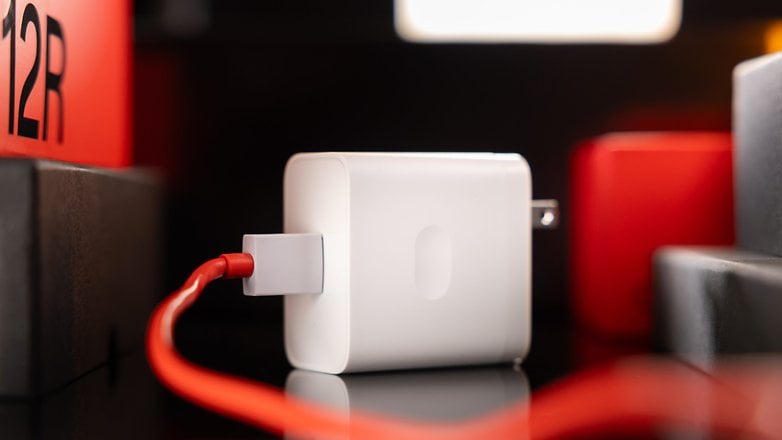
But in case you find a worn-out charger is the culprit for slow charging, the most obvious fix is to replace it eventually. Of course, always consider picking up original replacements and don’t settle for alternatives that you think are too cheap.
Reason #3: Port issues
Another issue that can result in slow charging could come from the charging port of your phone. Because of the port is designed in devices today, dirt and debris can enter into the port blocking or damaging the connectors inside, which can slow down the charging time.
The most obvious solution to this is to visually check your phone’s port for any debris. And if you find out that the connectors are damaged, you can have them replaced or repaired.
Reason #4: Weak power source
The next obvious question is where are you getting your power from? If you have a USB cable plugged into your laptop then your phone might not get the recommended charging power.
Likewise, this is correlated as well to the watts your charger supplies if you’re using one. Always check that you’re using an adapter that outputs enough current level to fully charge your device.
Alternatively, another reason related to the power source is if you’re plugging your adapter to wall sockets of your house or building which has power supply issues like fluctuating voltages and currents. In this case, better to have a certified electrician check your outlets.
Reason #5: Your phone is old with aging battery
The batteries inside every phone degrade over time losing their original cell capacity to hold a charge. If your phone is old, then it might have a degraded battery.
With an old battery, your phone may not charge to its full capacity, or refilling it to 100 percent level could take longer compared to its original state. However, it might also be possible that the battery in your phone requires calibration as explained in the guide here.
Depending on the status of your battery in your phone, it is recommended to have it replaced if you think it is giving you problems. This can also protect you and your device by avoiding fires or explosions that an old battery might cause.
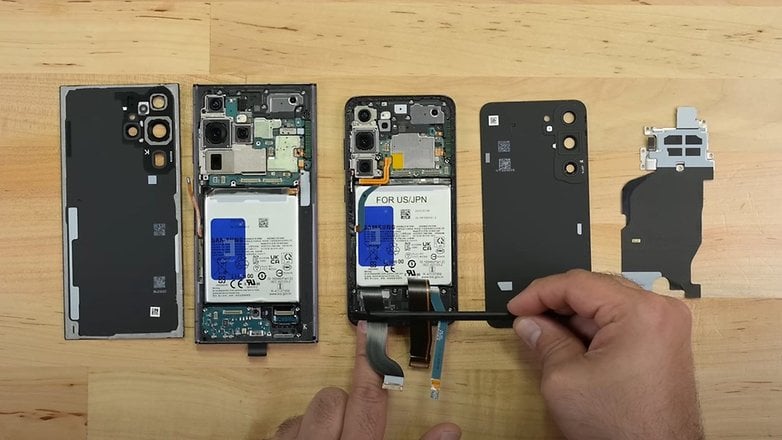
Reason #6: Using your phone while charging
Using your phone while charging is a big factor that can result in slow charging. When you’re doing activities like browsing and watching videos while charging these will consume the battery by using resources like processor and connectivity that consequently stretches the charging time of your device.
But compared to other probable causes, addressing this one is straightforward. It is advisable to leave your phone alone when you charge it, and maybe even turn off the Wi-Fi or cellular data connection.
Reason #7: Background apps are draining your battery
Leaving apps and services running in the system’s background is also another culprit that can affect the charging speed and even battery life of your phone. These apps can draw out the juice of your device while charging.
Apparently, the issue often occurs with phones or tablets running on older versions of their operating systems. For example, recent versions of Android OS feature improved software optimizations that in turn help extend the battery life and charging times of these devices, so you don’t need to bother closing these apps at all.
But if you think the issue is persistent, this can be remedied easily. You’ll just need to close the apps in the background and disable Wi-Fi or cellular data connection before you plug your phone. Additionally, you can also check the permission allowed for each app because some apps can access your device’s resources even if you have closed them.
You can check our dedicated guide on how to manage and stop apps from running in the background on your Android phone here.
How long does your phone take to charge? How do you usually charge your phone? Let us know in the comments and share with us any suggestions.
Article updated on June 2024 with a additional comments on possible causes.



